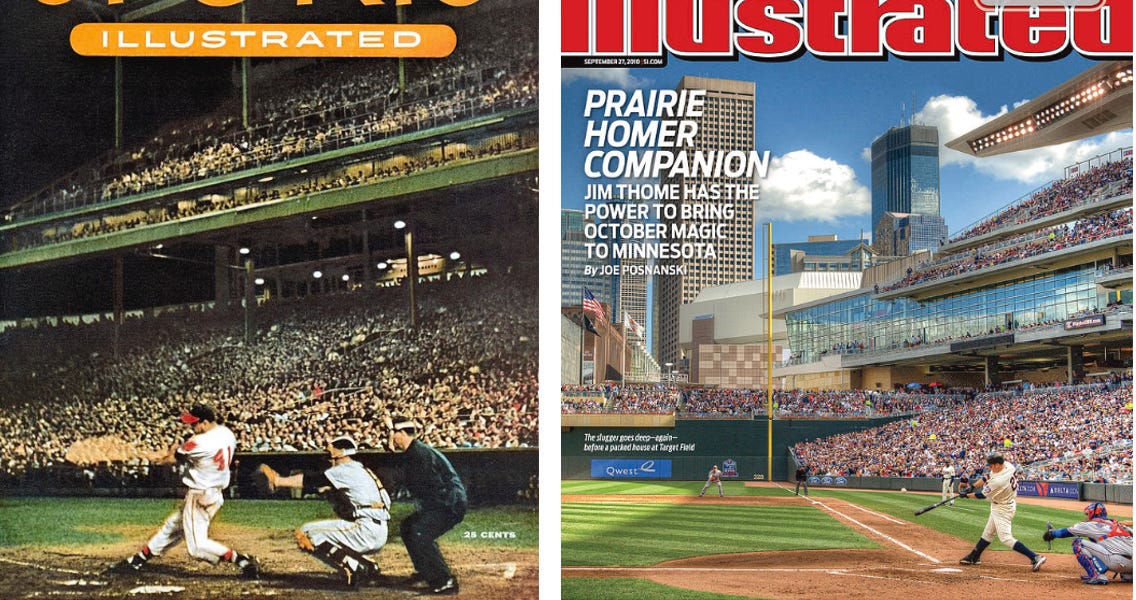- The Publisher Newsletter
- Posts
- Tuesday 23rd January: The local news revival gathers pace
Tuesday 23rd January: The local news revival gathers pace
Good morning! Today’s newsletter is brought to you by Chris.
On Wednesday we’ll be releasing the first of our four-part special podcast series looking at futureproofing local news, supported by the Google News Initiative. Search and follow ‘Media Voices’ wherever you listen to podcasts to get the alert, or of course we’ll link to it from here when it’s live.
We’re about to increase the daily rate for this ad slot in the newsletter as subscriber numbers have grown, but before we do so, you have until the end of January to book slots (for any weekday this year) at the current rate!
Our very own Esther has taken a look at the past 12 months in local news, and has pulled out a few reasons to be optimistic. Mostly that comes from the efforts of one or two determined individuals — but what’s notable is how they got buy-in from their communities:
What is notable from the many success stories of 2023 is that there is a wide diversity of models which are working in different areas. “The global decline of local news is one of journalism’s greatest challenges,” Axios’ Nicholas Johnston said. “It’s not going to be solved by a single idea, but by many entrepreneurial visions.
Johnston was talking about his investment in local journalism newsletter network The Mill, which is beginning its expansion across the UK after being valued at £1.75 million. Founder Joshi Herrmann started the Manchester Mill as a Substack publication in 2020, before launching editions in Liverpool and Sheffield. The three titles have attracted more than 5,500 paid subscribers between them, and now have at least two reporters each on staff.
I’m fascinated by this story — not just because the tech and idea of Nightshade is phenomenal, but because of what it might mean for publishers. Effectively, the tool “applies a tag that subtly alters the image at the pixel level”, so that when an AI model is trained on the image it ‘sees’ something different than a human observer, learns the wrong thing, and so incorrectly responds to prompts in the future. It’s not something that would work for text, but there must be some clever bods working on similar tech for publishers.
In the wake of mass layoffs at Sports Illustrated, this is a wonderful celebration of the power of a sports magazine to add value to its readers. This passage particularly stood out to me: “The Super Bowl wasn’t over until SI wrote the story. The Masters didn’t end until Dan Jenkins said it ended. Muhammad Ali’s fight wasn’t complete until you saw the cover in your mailbox.”
I’m old enough to remember when the Conservative government was chomping at the bit to accuse Channel 4 of being biased. That’s not a big claim, though, because it was only five years ago. Worryingly, though, in the aftermath of the Boris Johnson ice sculpture debacle, the Tories went on a revenge campaign that threatened Channel 4’s ability to provide public interest news — and I don’t doubt the same will happen with the BBC this time, too.
More from Media Voices






